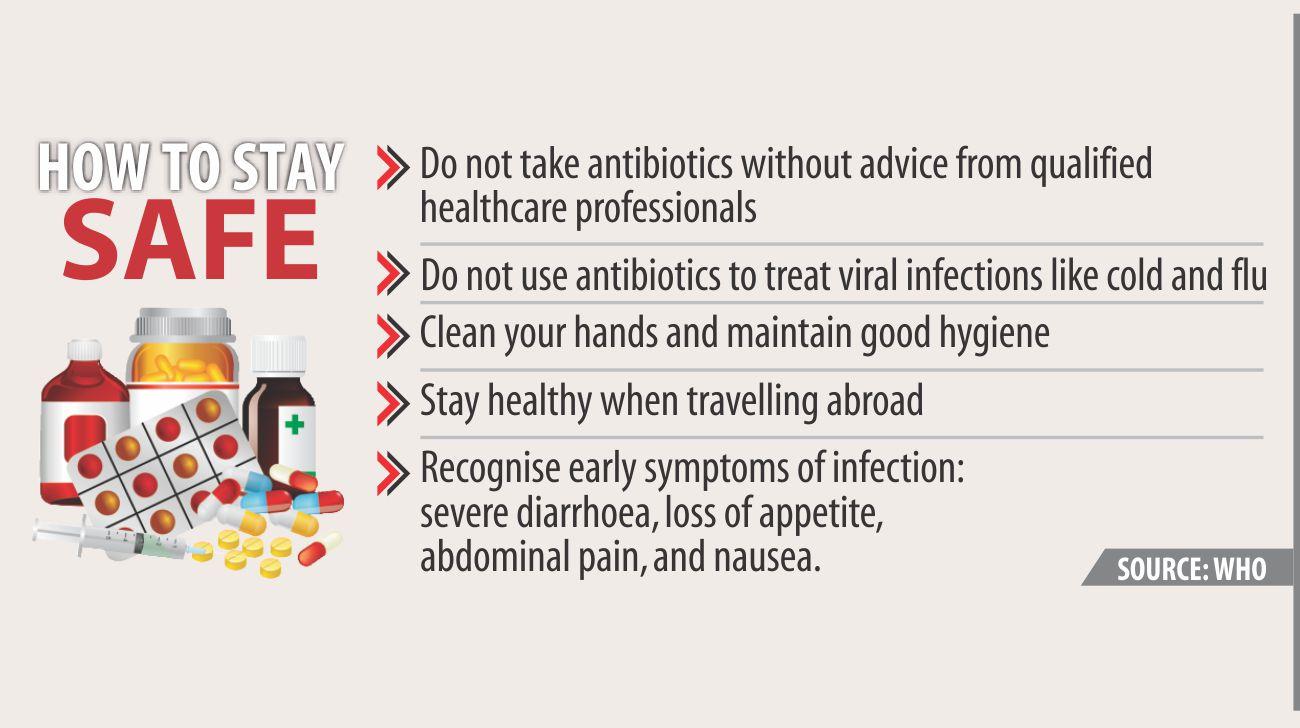Micronutrient supplements have proven to improve maternal and child health in the country. It’s time for the WHO to update its guidelines

In a densely populated agricultural area in rural north-west Bangladesh lies one of the largest flagship programmes for maternal and child nutrition. Since 2000,Jivita has been conducting large-scale community-based nutrition research to inform public health policies and programmes in south Asia and beyond. The latest trial evaluated the impact of daily multiple micronutrient supplements – versus iron-folic acid supplement use – among pregnant women on infant mortality.
The findings contribute to a growing body of evidence on the importance of micronutrient supplements during pregnancy to improve the health and survival of newborns and their mothers, both in Asia and around the world.
Two billion people worldwide live with a chronic shortage of vital micronutrients– a condition also known as hidden hunger. This public health crisis can have devastating health consequences – particularly for pregnant women and their children – and continues to negatively impact the growth and development of entire communities for generations. Micronutrient deficiencies are widespread in low-income countries, and pregnant women and children under two are especially vulnerable.
A critical component of optimal maternal nutrition and health is micronutrient intake. Mounting evidence suggests that micronutrient supplements, in place of the current recommendation of iron-folic acid supplements, offers greater benefits for both mother and baby.
Iron-deficiency anemia poses a major health burden, contributing to 20% of maternal deaths worldwide. When anemic mothers give birth, their children are more prone to cognitive deficits, reducing school performance and lowering work productivity later in life. Lack of folic acid in early pregnancy is a leading cause of preventable brain and spine defects (also known as neural tube defects), affecting more than 300,000 births annually.
Women lacking iron and folic acid – along with a host of other essential micronutrients such as vitamins A, D and E, zinc and iodine – are more likely to have babies born too soon and too small. These babies have to fight harder for life, are more prone to infections. Many do not survive. Globally, nearly 3 million infants die in the first month of life each year; another 2.6 million babies are stillborn.
We know that a woman’s nutritional status before and during pregnancy is a key factor in the health of her baby; optimal nutrition for women before and during pregnancy can improve birth outcomes. When mothers take micronutrient supplements during pregnancy – instead of iron-folic acid alone – their babies are born later and born bigger, giving them a stronger start in life. The 2013 Lancet Series on maternal and child nutrition underscored the benefits of micronutrient supplements in pregnant women, noting the potential to save 102,000 lives per year.
Not only has micronutrient supplements been found to improve the health and survival of newborns, it also helps mothers. It decreases maternal anemia in the third trimester and thus her risk of death. And because micronutrient supplements have a lower dose of iron compared to iron-folate supplements, they cause fewer side effects like upset stomach, so women may be more likely to take the supplements regularly.
The results of the Jivita project’s third major study were recently published in Jama, representing the largest, most comprehensively evaluated maternal nutrition trial in southern Asia. The results confirm The Lancet recommendation.
The study, conducted among 44,500 pregnant women and their 28,500 infants, found that prenatal micronutrient supplements, compared to iron-folic acid supplements alone, reduced the risks of pre-term birth by 15%, low birth weight by 12% and stillbirth by 11%.
Never before has a nutrition intervention demonstrated such an impact on pre-term births and stillbirths. These important results further corroborate the overwhelming scientific evidence of the multiple benefits of micronutrient supplements in pregnancy.

Currently, there is ongoing debate as to whether micronutrient supplements should be classified as a food or medicine given different regulatory approaches in developing countries. This often makes it difficult to easily source products and include them in interventions, especially at scale. To ensure success, there needs to be a clear and easily adaptable regulatory process for these products.
In addition, we must not forget that nutrition interventions do not take place in isolation. It is essential that supplementation programmes are coupled with good maternal and obstetric care both during pregnancy and at the time of delivery.
One of the key challenges we now face is to replace outdated policy advice with that which reflects cutting-edge science; but changing policy takes time. The World Health Organisation (WHO) is currently in the process of reviewing the evidence for guideline development, as iron-folic acid supplementation has been the standard of care during pregnancy in most low- and middle-income countries since 1968.
Given the magnitude of the micronutrient deficiency problem, and the phenomenal impact of prenatal micronutrient supplementation, it’s time to update the WHO maternal supplementation guidelines to ensure greater health and survival of mothers and their babies. Moreover, with the lower iron dose in the micronutrient supplement, adherence may be better due to less gastro-intestinal side effects.
Healthy, well-nourished women are more likely to have healthy babies. Those babies grow into strong children who succeed in school. Healthy, well-nourished adolescents are more likely to finish school, delay childbearing and earn higher wages as adults. And, when they’re ready, become healthy mothers.
By ensuring pregnant women get the nutrition they need, we can improve the health and lives of millions of mothers and their newborns: a true win-win for global health.
Source: The Gurdian









